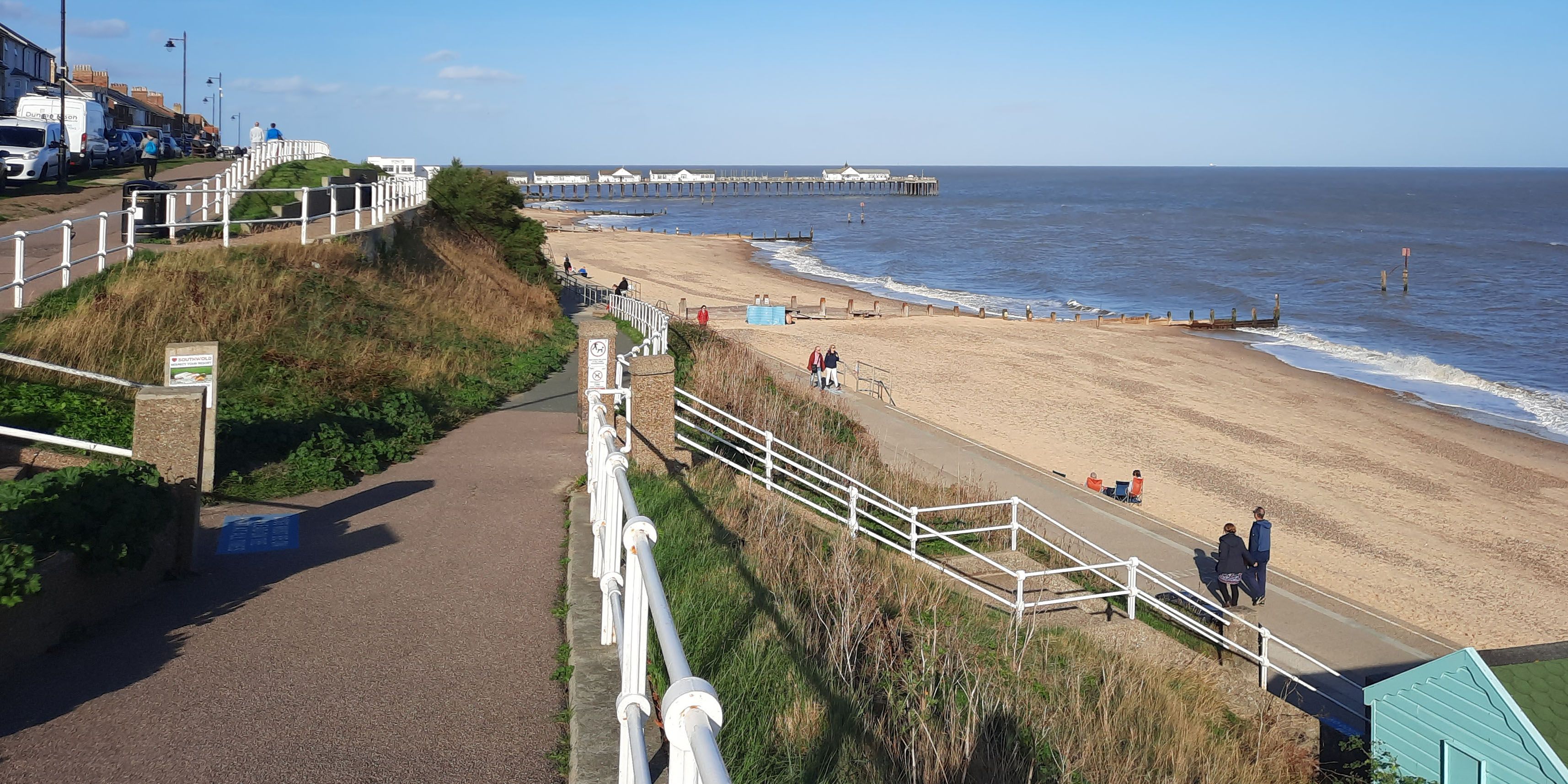Curriculum
- English and Media
- Mathematics
- Science
- Art, Design & Technology
- Creative Arts
- Humanities
- Social Sciences
- Modern Foreign Languages
- Business, Economics and Computing
- Personal Development Time
- Careers
- Spiritual, Moral, Social and Cultural Development
- Course Guidance for Year 9 Parents and Carers 2025
- Homework Guidance
The geography department delivers a curriculum to allow students to develop contextual knowledge of the location of globally significant places including their defining physical and human characteristics and how these provide a geographical context for understanding the actions of processes. The curriculum is designed to encourage an enquiring mind and a curiosity about the world in which they live and how it works. British values are also delivered throughout the course where a range of different cultures are explored across the World.
The geography curriculum has been designed for students
-
To understand the World around them and their place within it. To gain knowledge about diverse places, people, resources and natural and human environments
-
To give students the ability to understand the impact of Geography on the people and places around them.
-
To explore and be accepting of people’s cultures and traditions
-
To develop a range of geographical skills that can be used in the subject and a wider context
-
Understand how key human and physical features are formed, the impacts that they have immediately as well as over time.
-
To explore the impacts that humans have on the World around us and how we can change to become more sustainable
-
To be encouraged to think like a geographer
Throughout the course there is a strong focus on geographical literacy. Students are regularly introduced to new terminology in lessons and in Years 7 & 8 Bedrock is used for home learning to broaden and develop their understanding of the key terminology. Literacy mats are displayed in Geography classrooms to give students support while learning to ‘write like a geographer’.
Students learn a range of case studies throughout the curriculum with a minimum of 1 for each topic. These look at examples both in the UK and across the World. Through the KS3 curriculum students cover 20 case studies, with a further 20 covered at GCSE and 15 at A level.
To show students that geography is relevant to their lives ‘In the news’ events are discussed in the classroom as and when they happen and the curriculum is regularly reviewed and updated as new case studies emerge and new issues are brought to the attention of the media, such as the impacts of plastic.
Environmental issues are explored throughout the curriculum, this is delivered either as part of a unit, such as exploring the impacts that humans have on landscapes as part of the ‘Amazing landscapes’ unit or by studying an entire unit dedicated to and environmental issue such as ‘Plastics’ and ‘Climate change’.
Through the geography course students develop a range of transferrable skills that can be used post education, for example, becoming confident and competent in selecting, using and evaluating a range of quantitative and qualitative skills and approaches (including observing, collecting and analysing geo-located data) and being able to articulate arguments and opinions in writing and verbally.

